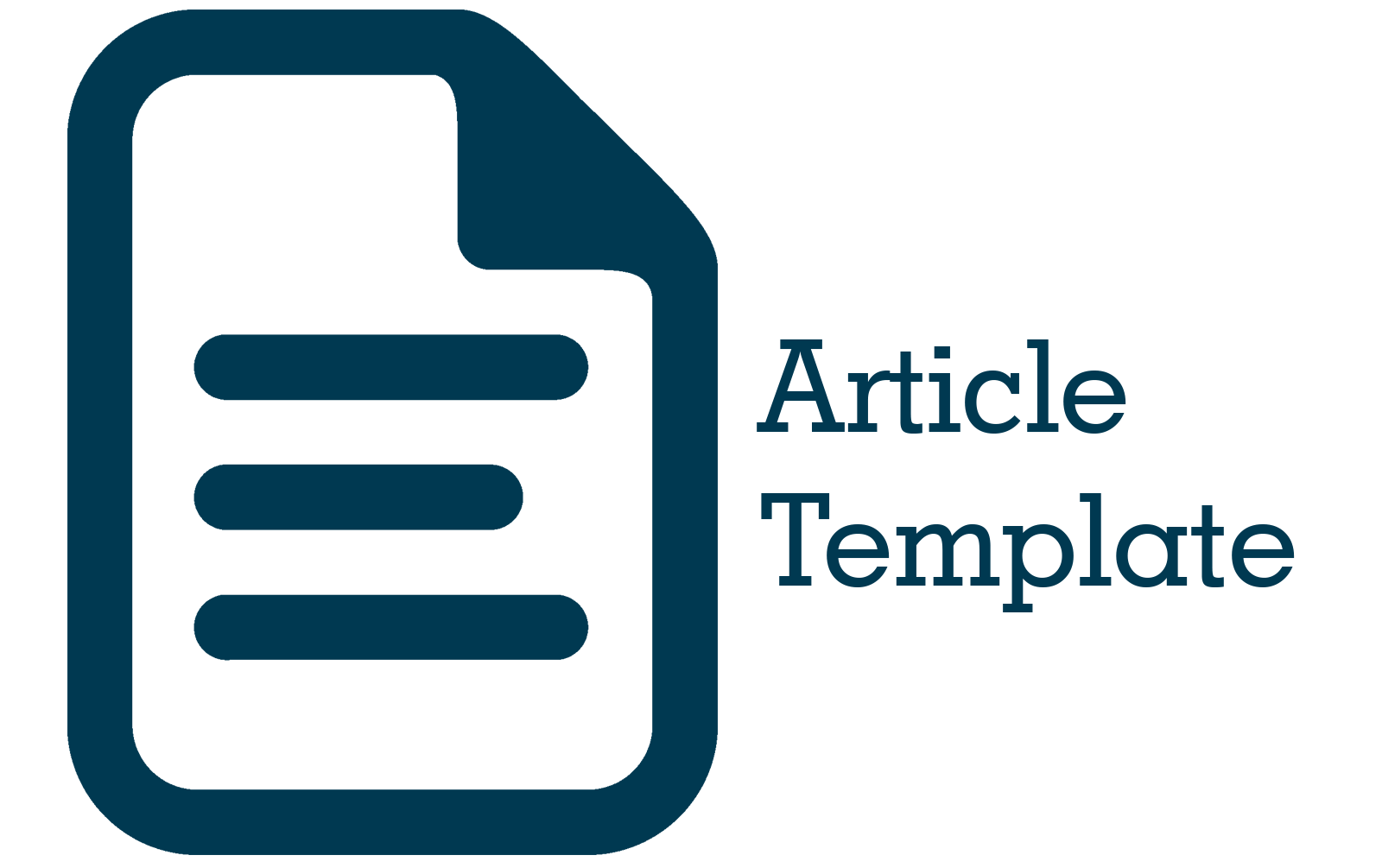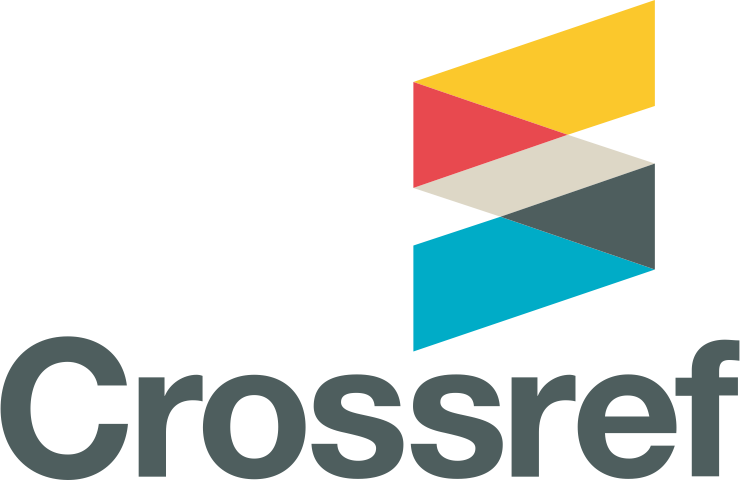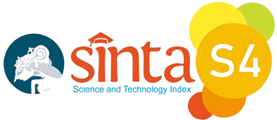Analisis Kepuasan Masyarakat Kota Depok Terhadap Penggunaan Aplikasi Depok Single Window Dengan Menggunakan EUCS
DOI:
https://doi.org/10.33633/tc.v21i4.5782Keywords:
End User Computing Satisfaction, Kepuasan Pengguna Aplikasi, Kota CerdasAbstract
Depok Single Window (DSW) merupakan aplikasi berbasis Android yang ditujukan untuk masyarakat Kota Depok. Aplikasi ini diklaim dapat memudahkan seluruh aktivitas warga Kota Depok seperti pendaftaran untuk mendapatkan pelayanan kesehatan, membayar pajak, mencari lowongan pekerjaan dan masih banyak pelayanan lainnya karena aplikasi ini sudah terintegrasi dengan pelayanan pemerintah Kota Depok. Sejak dirilis pada 17 Agustus 2018, belum banyak dilakukan penelitian mengenai kepuasan pengguna Aplikasi Depok Single Window untuk mengetahui apakah aplikasi ini sudah berjalan baik atau belum. Metode penelitian yang digunakan pada penelitian ini menggunakan metode kuantitatif serta kuesioner sebagai teknik pengumpulan data dengan mengaplikasikan model End User Computing Satisfaction (EUCS). Kemudian kuesioner disebarkan kepada masyarakat Kota Depok untuk mendapatkan responden, pengambilan sampel dalam penelitian menggunakan teknik Simple Random Sampling. Data yang telah terkumpul kemudian dianalisa menggunakan Microsoft Excel dan Skala Likert sebagai pedoman penafsiran. Hasil dari penelitian ini menunjukan dari lima indikator yaitu Content, Format, Accuracy, Ease of Use dan Timeliness pengguna Aplikasi Depok Single Window sudah merasa puas terhadap aplikasi tersebutReferences
"Republika Jabar," [Online]. Available: https://repjabar.republika.co.id/berita/qzxvxe384/aplikasi-depok-single-window-akan-dikembangkan. [Accessed May 2021].
"Biro Pusat Statistik Kota Depok," [Online]. Available: https://depokkota.bps.go.id/. [Accessed may 2021].
[Online]. Available: https://play.google.com/store/apps/details?id=id.depok.depoksinglewindow&hl=en&gl=US. [Accessed may 2021].
E. Sinaga, S. Suwitri and M. Mustam, "Implementasi Instruksi Presiden No.3 tahun 2003 Tentang Kebijakan dan Strategi," Journal Of Public Policy And Management, vol. 3, 2014.
A. Irawan and E. Fitriani Komara, "Pengukuran Tingkat Kepuasan Masyarakat Terhadap Pelayanan," JURNAL INSPIRASI BISNIS & MANAJEMEN, vol. 1, 2017.
N. Dalimunthe and C. Ismiati, "ANALISIS TINGKAT KEPUASAN PENGGUNA ONLINE PUBLIC ACCESS CATALOG (OPAC) DENGAN METODE EUCS (STUDI KASUS: PERPUSTAKAAN UIN SUSKA RIAU)," Rekayasa dan Manajement Sistem Informasi, vol. 2, 2016.
N. A. Oktarini S and A. Alvin, "Pengukuran Tingkat Kepuasan Pengguna pada Portal Program Studi Sistem Informasi Bina Darma Menggunakan Metode End User Computing Satisfaction," Journal of Information Systems and Informatics, 2020.
I. Novi Astutik, Y. Amrozi and F. Muslihul Amin, "ANALISIS KEPUASAN PENGGUNA SISTEM INFORMASI AKADEMIK DI UIN SUNAN AMPEL SURABAYA MENGGUNAKAN END USER COMPUTING SATISFACTION," Jurnal Syntax Admiration, vol. 2, pp. 2097-2104, 2021.
L. M. Nasution, "STATISTIK DESKRIPTIF," Jurnal Hikmah, vol. 14, 2017.
B. Prasetyo, R. W. Eka Yulia and F. Felisia, "Measuring end-user satisfaction of online marketplace using end-user computing satisfaction model (EUCS Model) (Case study: Tokopedia.com)," in 2017 4th International Conference on Computer Applications and Information Processing Technology (CAIPT), 2017.
W. J. Doll and G. Torkzadeh, "The Measurement of End-User Computing Satisfaction," MIS Quarterly, Management Information Systems Research Center, vol. 12, 1988.
L. Wang, Y. Xi and W. Huang, "A Validation of End-User Computing Satisfaction Instrument in Group Decision Support Systems," in 2007 International Conference on Wireless Communications, Networking and Mobile Computing, 2007.
P. Cahya Saputra, "User Satisfaction Analysis of Mobile eProperty Management Application Using End-User Computing Satisfaction Method (Case Study : Apartments in Jakarta)," in 2021 International Conference on Electrical and Information Technology (IEIT), 2021.
P. Novianti, et al., "Website Testing Analysis Using PIECES dan EUCS Method," in The 6th International Conference on Electrical, Electronics and Information Engineering (ICEEIE), 2019.
Downloads
Published
Issue
Section
License
Copyright (c) 2022 Shinta Oktaviana R

This work is licensed under a Creative Commons Attribution-NonCommercial 4.0 International License.
License Terms
All articles published in Techno.COM Journal are licensed under the Creative Commons Attribution-NonCommercial 4.0 International (CC BY-NC 4.0). This means:
1. Attribution
Readers and users are free to:
-
Share – Copy and redistribute the material in any medium or format.
-
Adapt – Remix, transform, and build upon the material.
As long as proper credit is given to the original work by citing the author(s) and the journal.
2. Non-Commercial Use
-
The material cannot be used for commercial purposes.
-
Commercial use includes selling the content, using it in commercial advertising, or integrating it into products/services for profit.
3. Rights of Authors
-
Authors retain copyright and grant Techno.COM Journal the right to publish the article.
-
Authors can distribute their work (e.g., in institutional repositories or personal websites) with proper acknowledgment of the journal.
4. No Additional Restrictions
-
The journal cannot apply legal terms or technological measures that restrict others from using the material in ways allowed by the license.
5. Disclaimer
-
The journal is not responsible for how the published content is used by third parties.
-
The opinions expressed in the articles are solely those of the authors.
For more details, visit the Creative Commons License Page:
? https://creativecommons.org/licenses/by-nc/4.0/
















